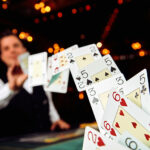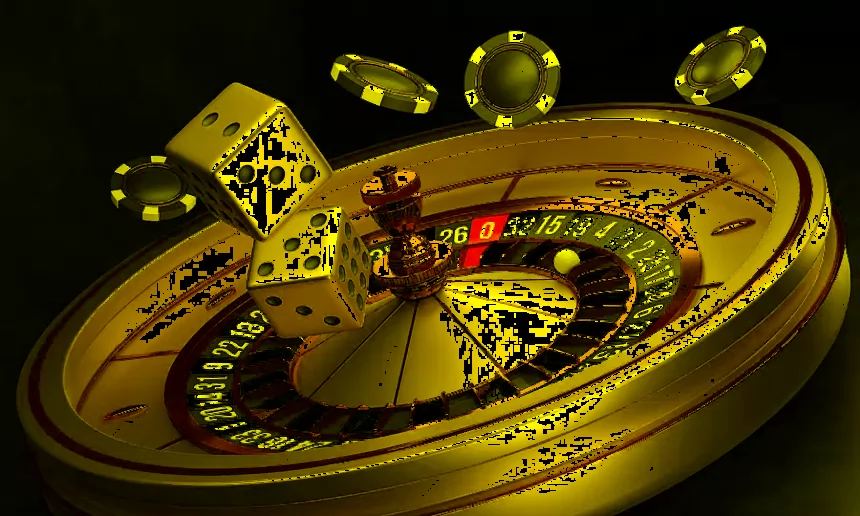Pssst…! Are you looking for a secret?
What is the secret behind The Gamblers Fallacy?
If you’re betting on craps, and a random shooter rolls the wheel, then you may be able to witness an amazing event. The random shooter could throw, for instance, four passes in succession. Some gamblers might then conclude that the pass they didn’t get is right now “due or due” and bet to bet on the darker side.
In physics, this is known as the “Maturity of Chances,” which can happen, for example, if one flips a coin 1,000 times. By “the law of averages it is expected that about 500 tosses our heads, while the remaining 500 could be considered tails.
However you toss 900 times, you might find it is true that the heads are there, but just 300 tails. At that point, some might argue that tails are “due,” so the remaining 100 tosses are mostly tails.
If it were true, it means that the coin is possessed by an innate intelligence, and can determine its future behavior based on what happened in the past. If you have a long period of money (or dice) it is possible for the heads to tails (or the do not pass) will come out. However, this will be determined through chance and circumstances and not by the deterministic behavior of the coins, as well as the dice.
If there’s no way to determine the result of an unintentional game then why would you play craps in the first place? The gambler’s fallacy can be applied to randomness and, indeed, previous rolls of dice are not a factor in the future roll. There is a method that we can use to identify the outcomes of a non-random roll of the dice, regularly.
Are you interested in knowing the secret professional gamblers employ to beat what they call the Gamblers Fallacy?
Let’s learn more!
There are two types of Crapshooters Random rollers and rhythm rollers. Random rollers are vulnerable to the Gambler’s fallacy however, rhythm rollers aren’t.
When you play craps and a rhythm roll plays the dice you might be able to see four consecutive passes. However, these aren’t completely random events. A rhythm roller rolls the dice in a specific manner, holds them in a certain way, and then throws them with precision to make sure they land and bounce back together. Because of various tables, this doesn’t be the case all the time However, even if the shooter is controlling the dice only for 1 to 2 percent or less of the throws that he makes, that’s enough to overpower the house’s small edge in many bets and result in a non-random event.
If you observe the shooter’s performances You may notice an emerging pattern that you can utilize to bind on to the long-distance roll. When he next shoots, you should be ready to make big bets. Don’t be shocked if he is rolling the same number (for instance, fours and tens) each time shoots. It’s his individual shot “signature,” and you should be constantly looking for one!
Rhythm rollers are masters in their field because of their experience of training, experience, and knowledge. It’s not simple to manage the dice, and not all players have the ability to achieve it. However, it is doable and you may need to shift from table to table to identify a skilled shooter. If you do find one, continue to bet on him until he has bet on himself. There is no gambling snare to worry about because they are not random rolls but rather trained rhythm rolls.










